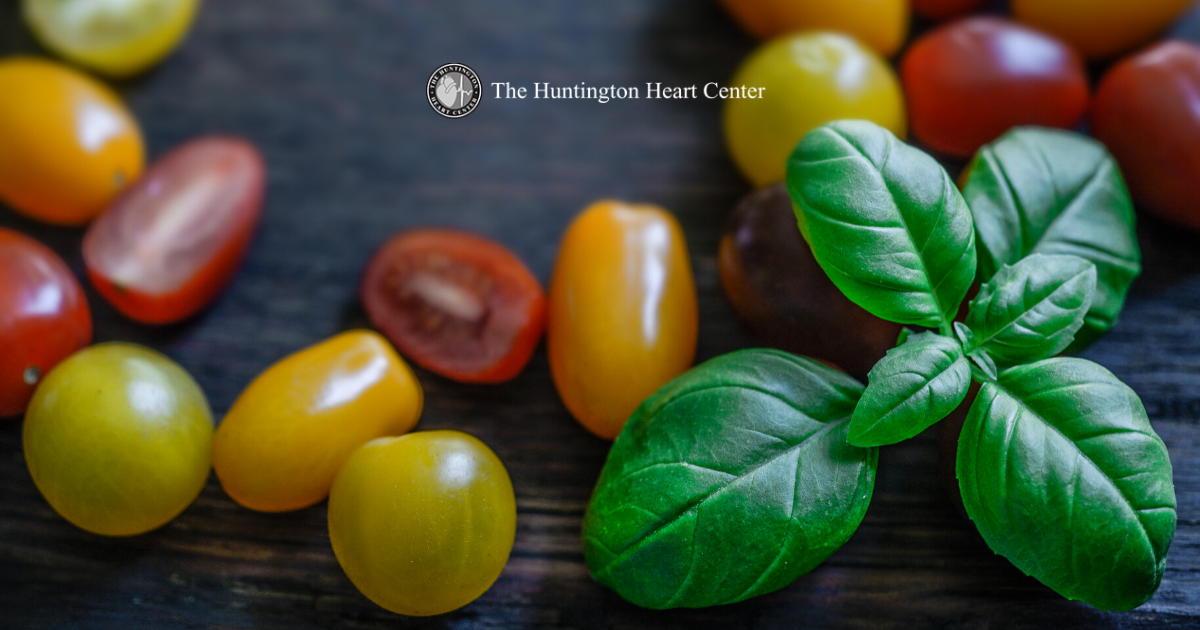The Lowdown on the Mediterranean Diet for Heart Health
Decades ago, it became clear that people in the Mediterranean countries such as Greece and Italy lived longer, healthier lives with fewer instances of cardiovascular disease when compared to similar demographics in North American or Northern European countries. It became readily apparent that the typical Mediterranean diet provided significant heart health benefits and has since been held up as a standard by which we should model our own diets.
With all that we know about heart health, and what foods we should and shouldn’t be eating, the Mediterranean diet seems to tick all of the heart health boxes. The staples of the Mediterranean diet include:
- Healthy fats such as olive oils, seeds and nuts
- Fresh fruits and vegetables that are high in fiber and loaded with nutrients
- Lean meats, particularly fish
- And general lifestyle modifications such as eating slower, taking longer for meals, reducing stress and even having a small glass of wine
This is in contrast to the typical North American or Northern European diet, which is far heavier in red meat, processed foods, sugary drinks and desserts.
Most importantly, the Mediterranean diet is not one that deprives us of foods that we love. Rather it uses fresh ingredients and spices and to achieve delicious results with a much lower risk to the heart. This is critical because many of the fad diets we know so well are simply unsustainable. They deprive us of important components of our balanced nutritional intake. Some eliminate fats while others eliminate carbs. The bottom line is…as with anything, there are a good fats and carbs along with the bad.
Making the Switch
Switching to the Mediterranean diet can have significant beneficial effects throughout the body. As far as the heart, the Mediterranean diet can help us reduce cholesterol, lower blood pressure, improve circulation and lower the risk of diabetes. All work together to keep our hearts healthier for longer and stave off heart disease which, unfortunately, is the leading killer of adults in the United States.
So, how do we switch over to the Mediterranean diet for our heart health?
First, we must train ourselves that dieting is sustainable. To make it so, our diets have to be balanced with protein, carbs and fat. Instead of avoiding any of these, it is up to us to make the right choices. For example:
- Eliminate white pasta and bread and replace it with whole wheat versions or other whole grains including brown rice, oats or farro.
- Eliminate the worst saturated fats, most often found in processed foods. Instead, replace them with good fats that you find in olive oil, fatty fish such as salmon, avocado, nuts and seeds.
- Taper down your daily sugar intake by avoiding added sugar in drinks and foods. The worst offenders are sodas and fruit juices. You can also start with halving the amount of sugar that you put in your coffee or tea and only taking a half portion of dessert, which should still be plenty to satisfy you.
Of course, with all of this, we should remember that the number of calories you consume must also be kept track of. Eating too much of even healthy foods is not good. As such, be mindful of your portion sizes and stick to the dietary guidelines that your cardiologist has prescribed.
The bottom line is that the transition to the Mediterranean Diet does not have to be painful nor do you have to deprive yourself of delicious food. In fact, you will be using fresh ingredients that taste better and readjust your palette.
Oftentimes we judge our diet and success by the amount of weight to lose and incremental progress is often frustrating – we want to see immediate results. However, coordinate your transition to the Mediterranean diet with your cardiologist and use other measures of success such as cholesterol levels, blood pressure, A-1 C/blood glucose and more as your measure of success. You will see quick health benefits which will motivate you to live a healthier life and lose weight as well.








